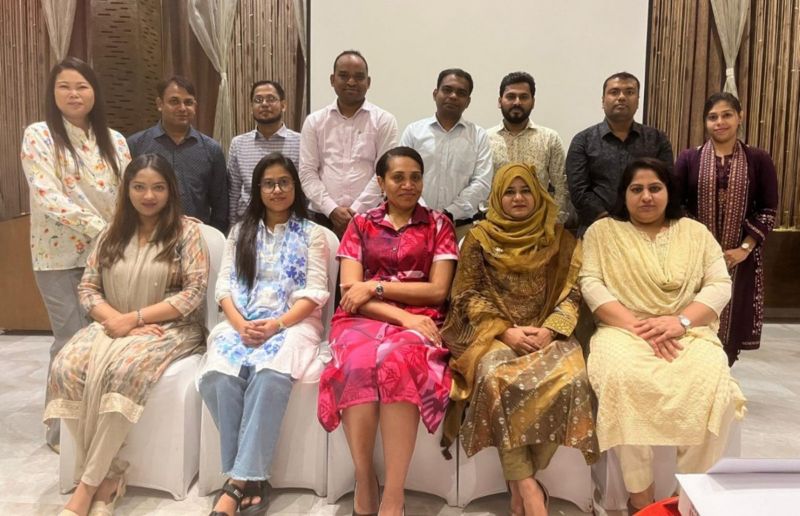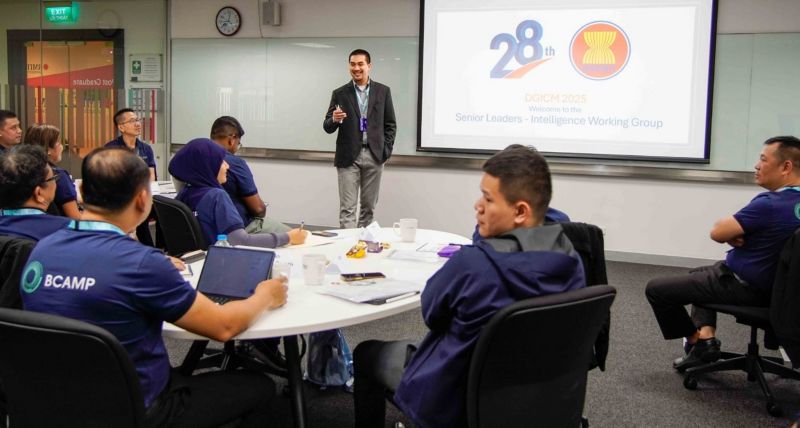Newly minted software engineer steps out of the lab into the world
Ho Le Minh Thach never imagined himself as a software engineer. The solid academic foundation he received at RMIT Vietnam, and his experience with Harvard's computer science course, sparked his passion for programming and empowered him to pursue a career in software engineering.
Growing through competitions: RMIT graduates share their journey
Stepping outside the classroom can be intimidating, but competitions offer more than just trophies. They sharpen skills, build awareness, and open doors to real-world opportunities.
RMIT security training delivers impact in Asia-Pacific
RMIT’s Transnational Security Training (TST) programs are celebrating 20 years of impactful delivery in the Asia-Pacific region this year, helping to combat transnational crime, promote inter-agency collaboration, and drive career development.
RMIT Vietnam awarded Golden Dragon Award for 21st time
RMIT 91tv Vietnam has once again been honoured with the prestigious Golden Dragon Award, marking its 21st consecutive win.








